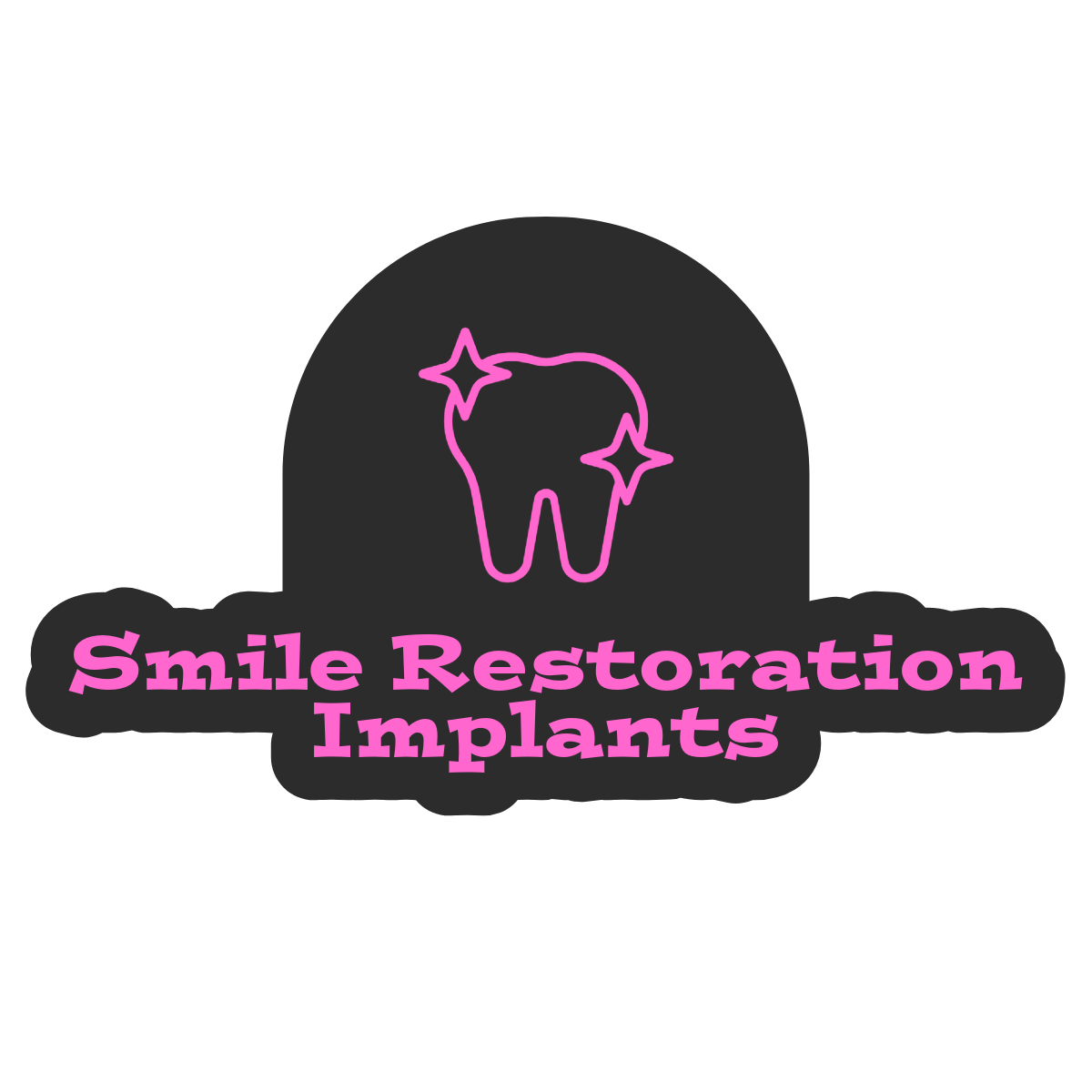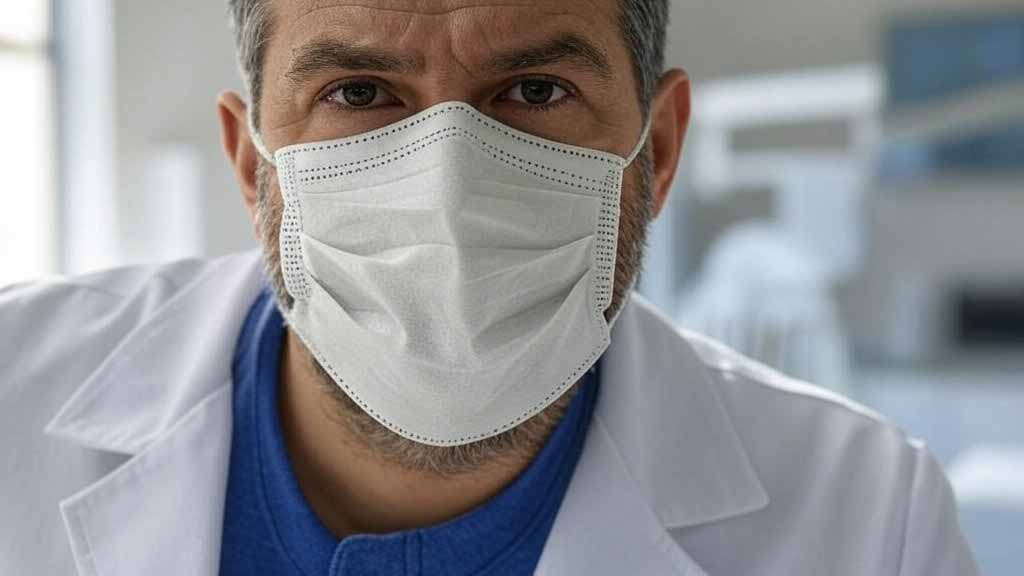When faced with sudden tooth pain, a knocked-out tooth, or a dental abscess, many people instinctively head to the nearest emergency room. But this raises the question, “Does the emergency room have a dentist?” Understanding the capabilities of emergency rooms (ERs) when it comes to dental emergencies can save you time, money, and unnecessary stress. In this comprehensive guide, we’ll explore whether dentists are available in ERs, what services you can expect, and where to turn for effective dental care.
Does the Emergency Room Have a Dentist?
The straightforward answer to “Does the emergency room have a dentist?” is typically no. Most emergency rooms do not have a dentist on staff. ERs are designed to handle medical emergencies such as severe injuries, heart attacks, and strokes, but they are not equipped to perform specialized dental procedures. While some larger hospitals may have dental professionals on call in certain circumstances, this is the exception rather than the rule.
ER doctors are highly trained in handling life-threatening situations, but they lack the specific tools, training, and expertise required to treat dental problems effectively.
What Services Can an ER Provide for Dental Emergencies?
Even though the answer to “Does the emergency room have a dentist?” is usually no, ERs can still provide limited assistance for dental emergencies. If you visit an ER with a dental issue, here’s what they can typically do:
1. Pain Management
Emergency dentist can prescribe over-the-counter or prescription-strength pain medications to help you manage severe dental pain temporarily.
2. Infection Control
If you have an infection, such as a dental abscess, ER doctors can prescribe antibiotics to reduce the risk of the infection spreading to other parts of your body.
3. Stabilization of Severe Issues
For injuries that cause excessive bleeding or swelling, the ER can stabilize your condition and prevent immediate risks to your health.
4. Referral to a Dentist
In most cases, ER personnel will recommend that you see a dentist or oral surgeon as soon as possible to address the underlying problem.
While these measures can help in the short term, it’s important to remember that ERs are not a substitute for professional dental care.
When Should You Go to the ER for a Dental Problem?
While most dental emergencies are best handled by a dentist, certain situations require immediate attention from an emergency room. If you experience any of the following, head to the ER right away:
- Severe Facial Trauma: Accidents that result in significant bleeding, broken facial bones, or other traumatic injuries should be treated in the ER.
- Swelling That Affects Breathing or Vision: Swelling from a dental infection that interferes with your ability to breathe, swallow, or see requires urgent medical attention.
- Systemic Symptoms of Infection: Signs such as fever, chills, or swollen lymph nodes could indicate that a dental infection is spreading, which can be life-threatening.
- Uncontrolled Bleeding: If bleeding from a dental injury doesn’t stop after applying pressure, visit the ER immediately.
Why Doesn’t the Emergency Room Have a Dentist?
If you’re wondering, “Why doesn’t the emergency room have a dentist?”, it’s because ERs are not equipped or staffed to handle dental procedures. Dental care requires specialized tools, training, and expertise that fall outside the scope of most emergency medical teams. Additionally, ERs prioritize life-threatening conditions, and dental issues are typically not considered emergencies unless they affect breathing, vision, or overall health.
Where Should You Go for Dental Emergencies?
For most dental problems, your best bet is to see a dentist or oral surgeon. Many dental practices offer emergency services, including after-hours care, to address urgent issues like toothaches, infections, and knocked-out teeth. Here’s how to find help:
1. Contact Your Regular Dentist
If you have a regular dentist, call their office first. Many dental practices have emergency numbers or partner with local emergency dental services.
2. Search for an Emergency Dentist
If you don’t have a regular dentist, search online for “emergency dentist near me.” Emergency dental clinics are specifically equipped to handle urgent dental issues and can often see you the same day.
3. Call a Dental Hotline
Some organizations provide 24/7 hotlines to connect patients with local dentists who offer emergency care.
How Much Does Emergency Dental Care Cost?
The cost of emergency dental care depends on the type of treatment you need and whether you visit an ER or a dental office. Here’s a general breakdown:
- Emergency Room Visit: $400 to $1,500 (not including follow-up dental treatment).
- Emergency Dentist Visit: $100 to $300 for the initial exam, plus additional costs for treatment such as fillings, extractions, or antibiotics.
Dental insurance may cover part of the cost for emergency dental visits, so check your plan for details.
Tips for Avoiding Dental Emergencies
While not all dental emergencies can be prevented, good oral hygiene and regular check-ups can reduce your risk. Follow these tips:
- Brush and floss daily to maintain healthy teeth and gums.
- Avoid chewing hard objects like ice or pens to prevent cracks and chips.
- Wear a mouthguard during sports or other physical activities to protect your teeth.
- See your dentist regularly for cleanings and exams to catch potential issues early.
Conclusion: Does the Emergency Room Have a Dentist?
In summary, “Does the emergency room have a dentist?” is a question many people ask during dental emergencies. While ERs can provide temporary relief through pain management, antibiotics, and stabilization, they typically do not have dentists on staff or the equipment needed for dental treatments. For most dental emergencies, your best option is to contact a dentist or an emergency dental clinic directly.
Knowing where to go and what to expect during a dental emergency can save you valuable time and ensure you get the care you need. Always prioritize seeing a dental professional for definitive treatment of dental issues, as they are equipped to provide long-term solutions to protect your oral health.

